At the time of the budget speech, Sheikh Abdullah's son and grandson - both former chief ministers of Jammu & Kashmir and one of them the duly elected MP for Srinagar - have been under detention for six months.
LATER: It's been suggested that the Nadim poem from which the finance minister quoted was written in the 1950s for Republic Day, in which case the 'watan' in the poet's mind could have been India rather than Kashmir.
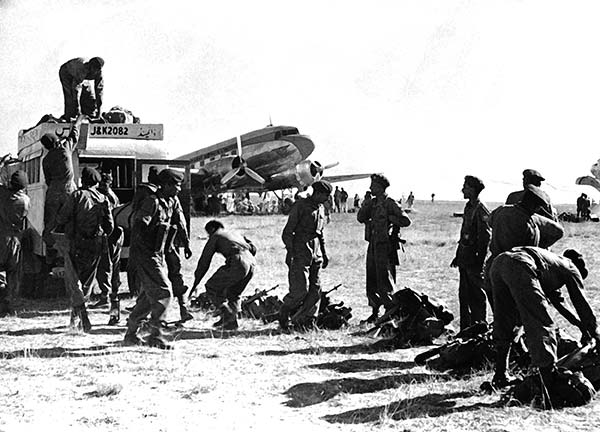
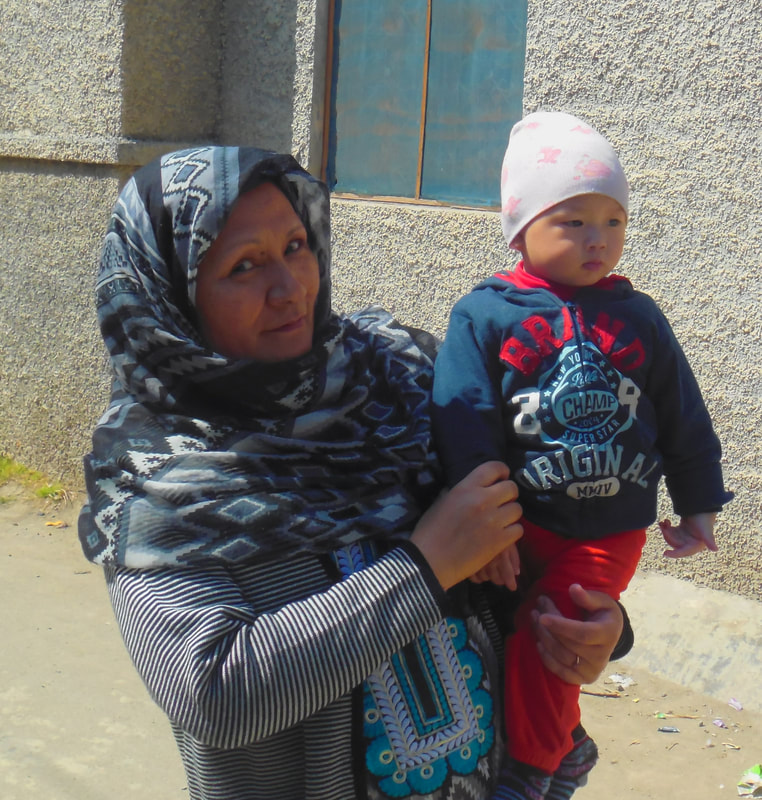
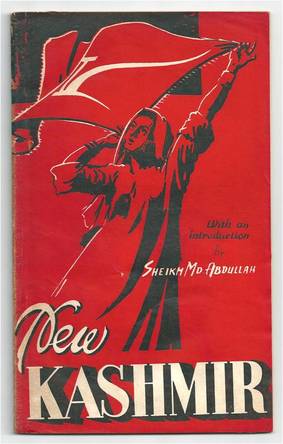
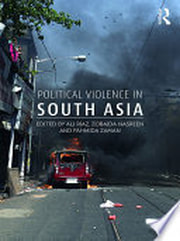
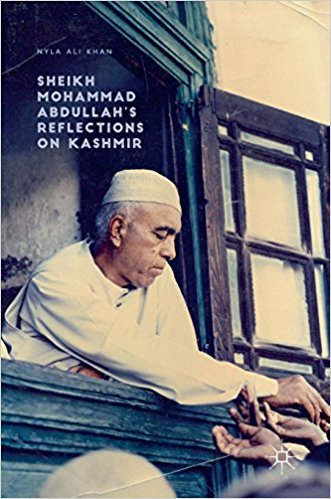
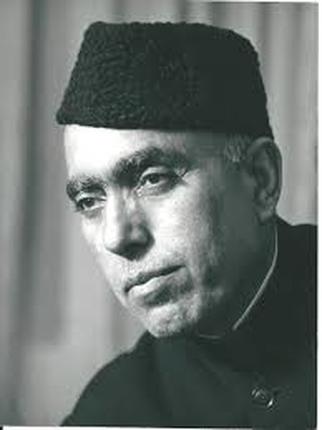
 RSS Feed
RSS Feed